Muthoki Mumo
Muthoki Mumo is a CPJ Africa Program Coordinator. She is based in Nairobi, Kenya, and has a master's in journalism and globalization from the University of Hamburg.

Kenya court due to rule on cybercrimes law as another journalist faces jail
Nairobi, February 26, 2026—Journalist Peter Maseke Mwita has a keener interest than most in Friday’s upcoming ruling on the constitutionality of Kenya’s cybercrime law — legislation that could see him jailed for up to 10 years over a mistaken WhatsApp message. On February 27, a three-judge court of appeal bench is due to rule in…

‘We cannot publish’: Fear silences Tanzanian journalists over election killings, arrests
After a vain search of local hospitals and mortuaries, the family of journalist Maneno Selanyika concluded their mourning rites on November 8 with prayer, but without a body. He was one of three journalists among hundreds or more Tanzanians killed during protests over a disputed election. Selanyika was killed on the evening of October 29,…

Uganda’s anti-homosexuality law poses free speech fears for journalists
Kuchu Times was founded eight years ago to give voice to Uganda’s LGBTQ+ community. Now, a new anti-homosexuality law is threatening this mission at a time when LGBTQ+ Ugandans are facing beatings and evictions. “People will tell us their stories and ask us not to put them out there, not until it is safer,” Kuchu…
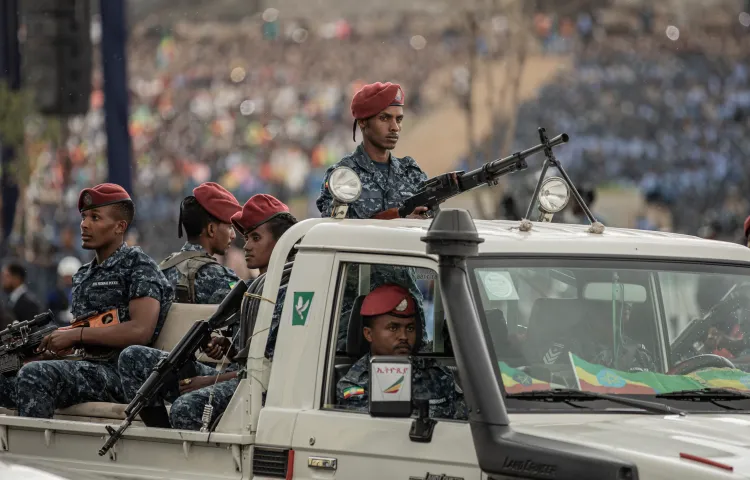
Journalists face growing hostility as Ethiopia’s civil war persists
Ethiopia’s 21-month-old civil war is accelerating the deterioration of press freedom in the Horn of Africa nation. The conflict between the federal government and the rebel forces led by the Tigray Peoples’ Liberation Front (TPLF) has prompted a media crackdown that extinguished the glimmer of hope sparked by the initial reforms of Prime Minister Abiy…
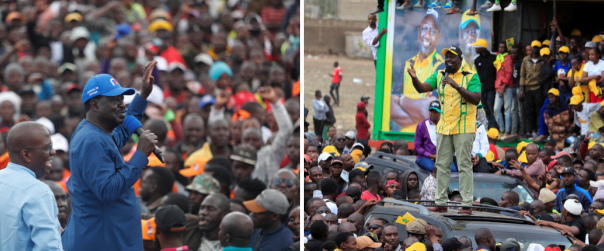
Six Kenyan journalists and press freedom advocates on their fears ahead of general elections
Kenyans are preparing to head to the polls August 9 for a national election that is predicted to be tightly contested. Deputy President William Ruto is vying for the presidency against main contender Raila Odinga, a veteran opposition figure who nonetheless has the backing of the current President Uhuru Kenyatta. In 2017, Kenyan journalists were harassed and detained while covering…

‘A rush of relief’: Tanzanian investigative newspaper allowed to publish after 5-year ban
In 2017, Simon Mkina was the publisher and chief editor of the muckraking Tanzanian newspaper Mawio when authorities announced that they were suspending the publication for “jeopardizing national security” by reporting on two former presidents’ alleged links to mining misconduct. Mkina was forced to lay himself off, along with 57 other employees, and he became…
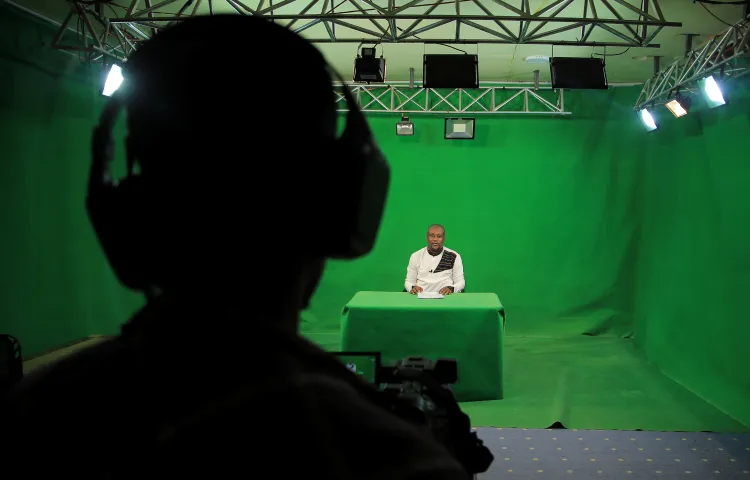
Ethiopia’s civil war dashes once-high hopes of press freedom
In a Facebook post at the end of October, Awlo Media Center, an Ethiopian online news outlet critical of Prime Minister Abiy Ahmed’s administration, announced that the government’s “pressure and obstruction” had forced it to shut down and lay off all of its employees. The closure came after a number of Awlo Media Center journalists…
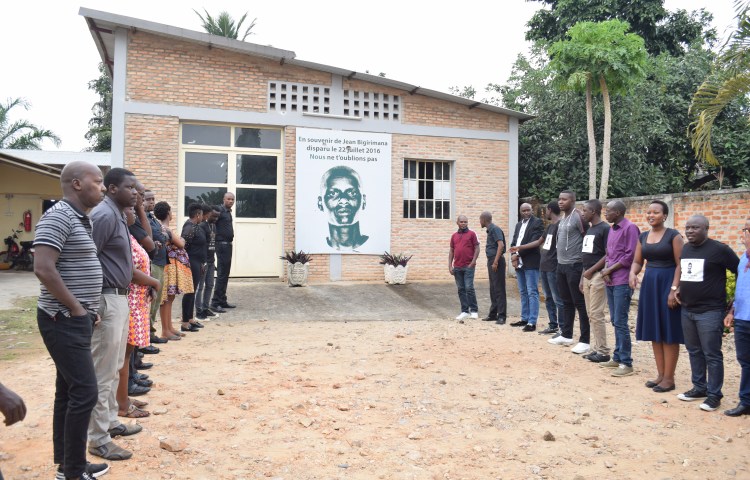
When Burundian journalist Jean Bigirimana disappeared, his colleagues tried to solve the case
Five years ago, Abbas Mbazumutima led a team of journalists from the independent Burundian news outlet Iwacu in investigating a story no reporter should ever have to write — about the July 22, 2016 disappearance of their colleague, reporter Jean Bigirimana, who went missing shortly after receiving a call from an intelligence source. The Iwacu…
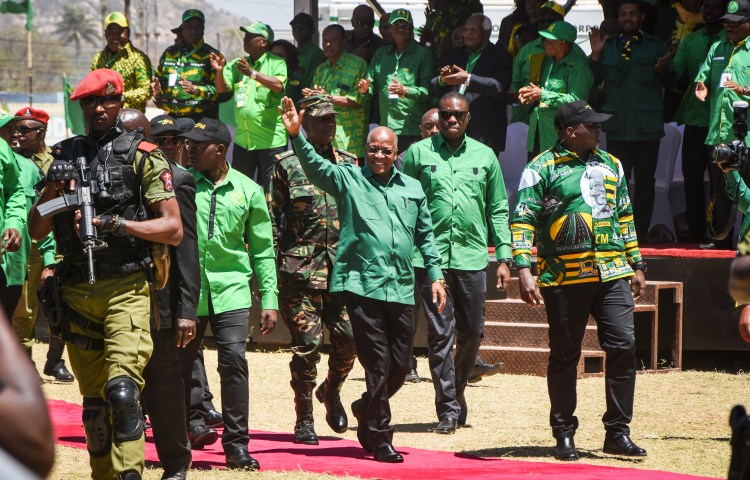
Ahead of elections, Tanzania’s regulator is used as a cudgel against the media
On August 27, the second day of mainland Tanzania’s official campaign period leading up to October 28 elections, authorities ordered privately owned broadcasters Clouds TV and Clouds FM to replace their regular programming with an hours-long apology until midnight and then halt programming altogether for a week. The over-the-top display of repentance was dictated by the Tanzania Communications Regulatory Authority (TCRA), on the…

Somali journalist Abdalle Ahmed Mumin says there is ‘nobody to trust’ for COVID-19 information
Somali freelance journalist Abdalle Ahmed Mumin has covered the news for 17 years, spending much of that time in one of the most dangerous places in the world to work as a journalist. Since CPJ started keeping records in 1992, at least 69 journalists have been killed in Somalia for their work.